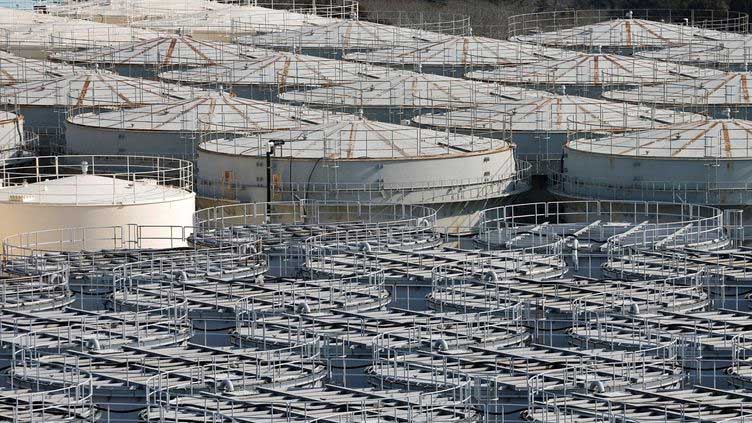Amidst escalating tensions and regional disputes, Japan has called on China to adopt a scientific approach to the release of radioactive water from the crippled Fukushima Dai-ichi Nuclear Power Plant. The plea was made during a meeting between Japan’s Foreign Minister Yoshimasa Hayashi and China’s top diplomat Wang Yi on the sidelines of an Association of Southeast Asian Nations (ASEAN) gathering in Indonesia. As both countries grapple with increasing geopolitical challenges, concerns over the water release plan and China’s military activities in the region took center stage during the discussions.
Japan emphasizes scientific approach to Fukushima water discharge
During the meeting, Foreign Minister Hayashi reiterated Japan’s commitment to a scientific perspective regarding the planned release of over one million tonnes of water from the Fukushima Dai-ichi Nuclear Power Plant. He emphasized Japan’s willingness to engage in open communication with China to address any concerns related to the discharge. Japan has stated that the water has undergone extensive filtration to eliminate the majority of radioactive elements, with only tritium remaining. The treated water will be diluted to levels well below international standards before being released into the Pacific Ocean.
China criticizes Japan’s water release plan
China, however, has expressed strong criticism of Japan’s water release plan. Chinese authorities argue that the decision poses potential environmental risks and have called for a more cautious approach. They have raised doubts about the scientific basis behind Japan’s claims and urged Japan to reconsider its actions. The disagreement over the Fukushima water release has further strained the already tense relationship between the two nations.
Rising tensions over regional maritime ambitions
In addition to the water release dispute, Foreign Minister Hayashi voiced Japan’s concerns over China’s increasing military activities near Japanese territory. He raised the issue of China’s military cooperation with Russia, adding to Japan’s unease regarding China’s maritime ambitions in the region. As tensions continue to rise, both countries face the challenge of balancing their national interests while maintaining stability and peaceful relations in the region.
In conclusion, Japan’s call for a scientific approach to the release of radioactive water from the Fukushima Dai-ichi Nuclear Power Plant underscores the need for transparent communication and mutual understanding between the two countries. As geopolitical tensions escalate and regional disputes persist, finding common ground on contentious issues becomes increasingly important for maintaining stability in the region.















